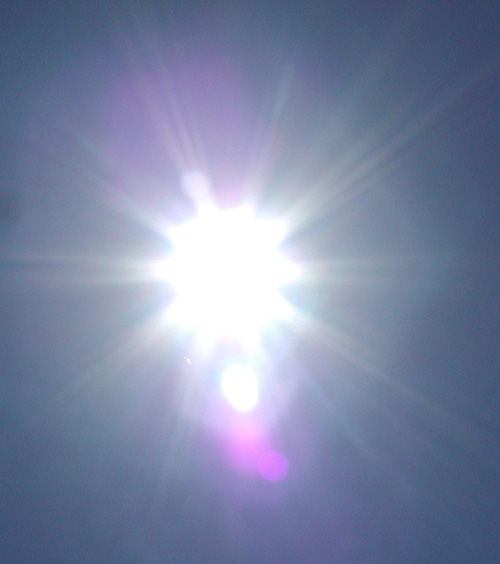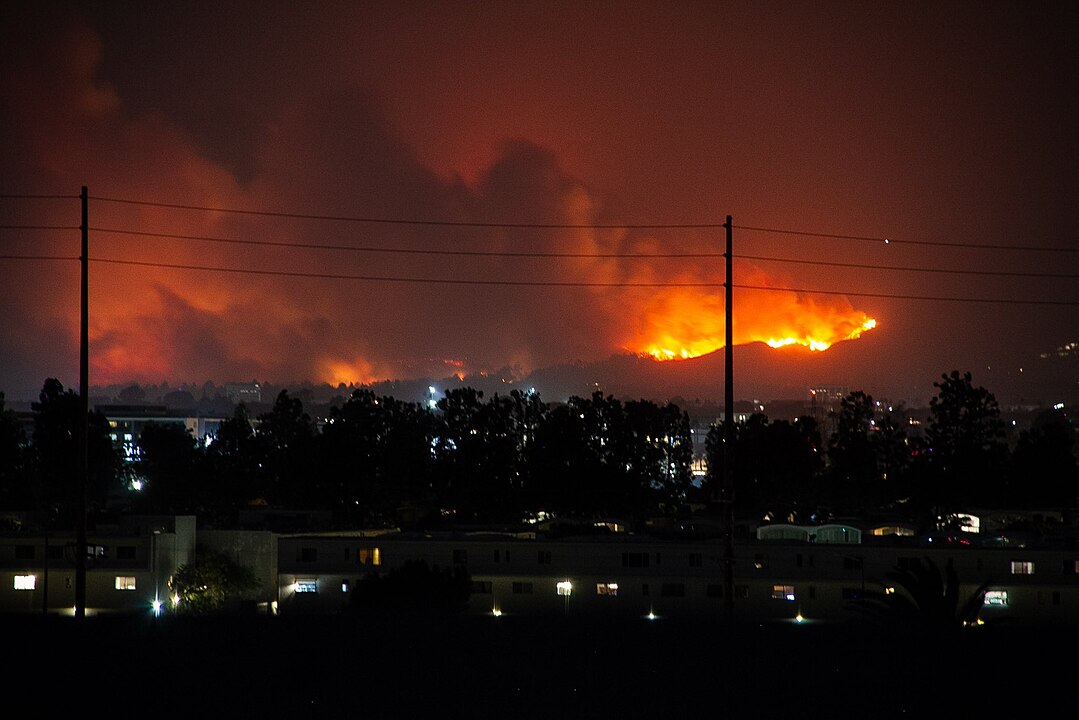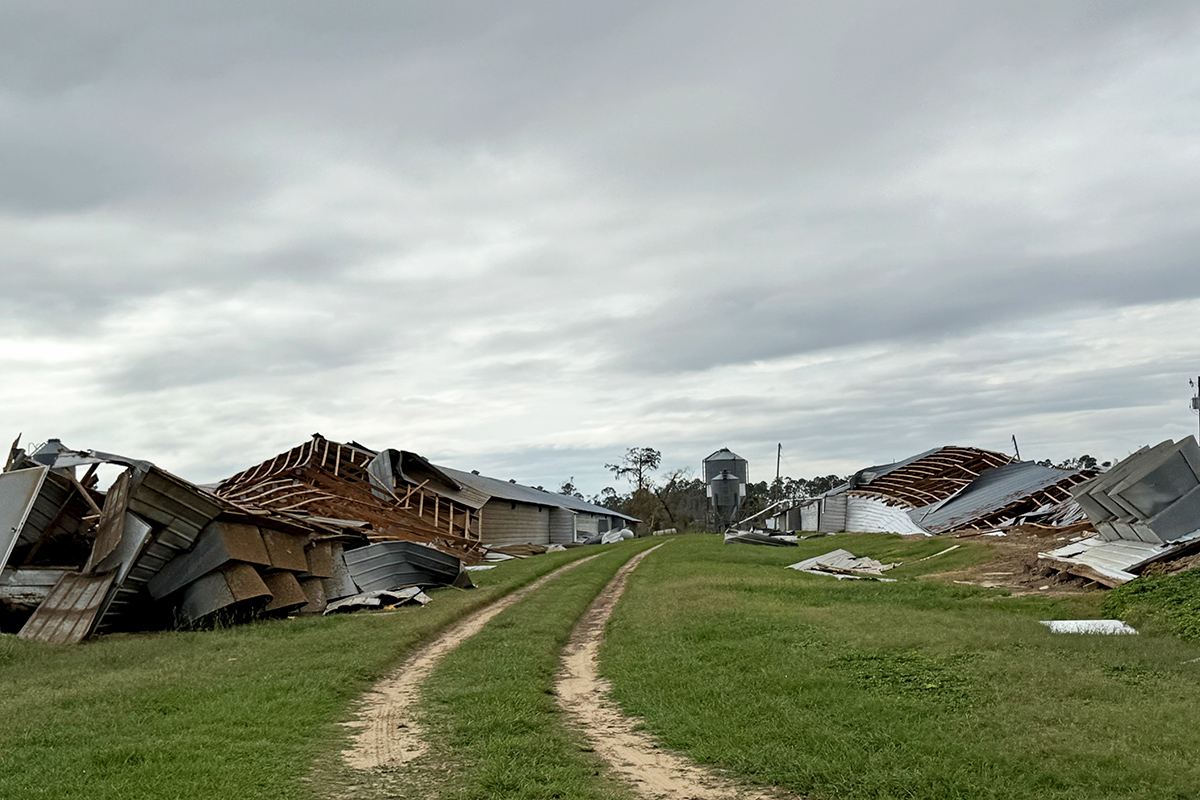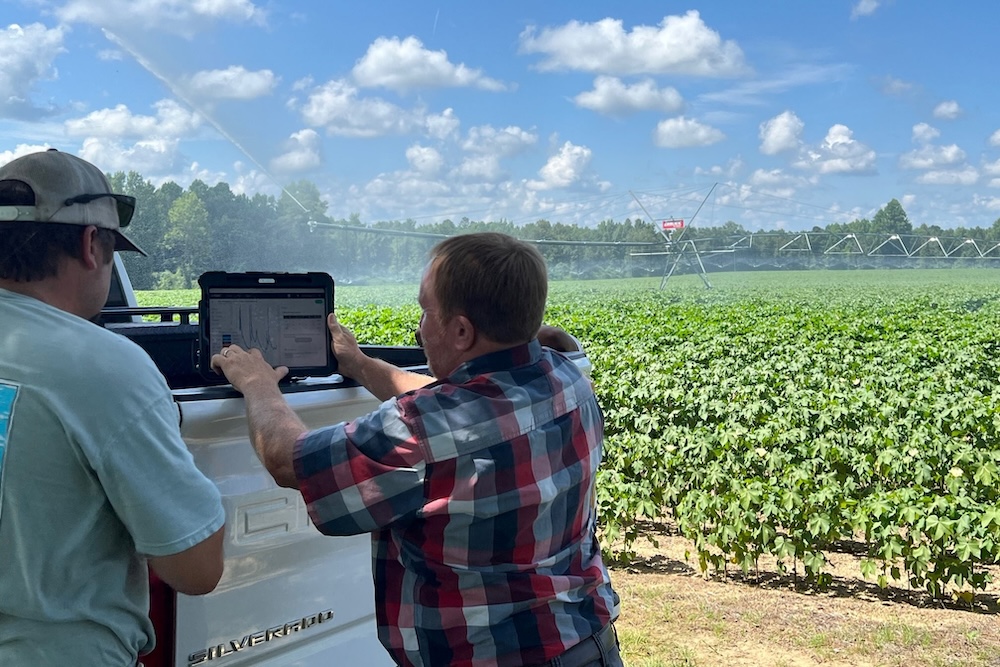A Georgia summer can have periods of consecutive days with temperatures hovering around 100 degrees. These abnormally hot conditions, or heat waves, are dangerous.
Besides being uncomfortable, hot weather is a killer. The best defense against heat-related medical problems is going to a cool place to recover and drinking plenty of water.
Since sweating is the body’s natural and very effective mode of cooling, it is necessary to drink plenty of water to remain hydrated. Alcoholic and caffeinated beverages should be avoided because they increase water loss from more frequent urination.
Thirst is not a good indicator for your body’s water needs. If you are working or playing in a hot environment and don’t have to urinate once every few hours, then your probably not drinking enough water.
Researchers have found that major heat-related health problems increase drastically on the third day of a heat wave. If the heat index at night doesn't fall below 74 degrees, people and animals have a hard time recovering from the daytime heat.
Heat-related health problems are a concern especially for the elderly, those with underlying health problems and those on medications that interfere with the body’s ability to cool.
Check on friends and relatives during heat waves. Since the impact of heat is cumulative, check on the elderly a number of times during a heat wave. Consult the doctors of the elderly about proper hot-weather precautions for them.
The homeless are at greater risk during hot weather. Because of the “heat island” effect of cities and towns, people spending the night outside are less likely to have the necessary recovery time. Additionally, the homeless can have problems getting an adequate amount of water to remain properly hydrated.
Noticing the signs of a heat-related medical problem and getting swift help can save a life.
The primary symptom of a heat stroke is that the person is very hot to the touch. The mental status of the person may be altered, too, and range from mildly confused to unconscious. Often the skin will not only be hot but also dry. However, it is important to realize that if the skin is moist, this does not mean that the person isn’t having a heat stroke.
Anyone exhibiting heat stroke symptoms needs immediate medical attention and hospitalization. Call 911 immediately and move the person to a cool place out of the sun. Follow the instructions of the 911 operator. Cool the person by applying moist cloths or spraying with water, directing air from a fan or air conditioner over them. If the person can drink water, give him water.
A person having a heat stroke can mimic a person under the influence of alcohol or drugs. The person might have slurred speech or stumble around. These can also be signs of other medical problems. If the person has been in the heat and is hot to the touch, assume that the person is in heat stroke and call 911.
A basic first aid book will give more detailed information and treatments for heat stroke and other heat-related medical conditions.
Animals that can't get to well-ventilated shade and don't have a ready supply of cool, fresh, drinking water are also at risk. A doghouse in an open pen doesn't supply well-ventilated shade.
As with humans, animals need recovery time. Getting pets the needed recovery time may mean bringing them indoors at night.
Remember to consult your physician for explicit ways for you to avoid heat-related problems in your area this summer.








